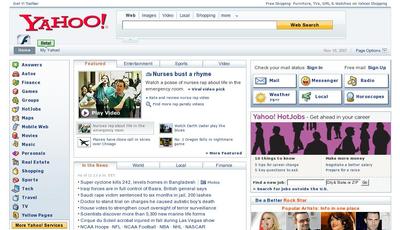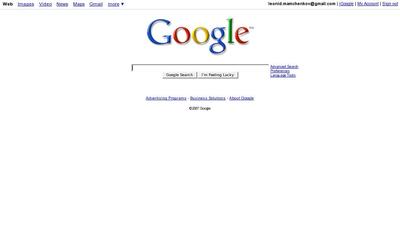It is sometimes amazing how people behave. Especially when they buy something and they get a choice of what they can get for their money. Given the freedom to “get anything they want”, they often won’t stick with what they need, they won’t usually know what they want, and so they’ll go for as much as they can carry. This might be a worthy technique for a supermarket, but it’s a bit different with web sites.
Yes, we (at my job) build web sites. We do design, programming, hosting, promotion, maintenance, and many other things. And, yes, we can stack a web site with pretty much any technology or interface there is – forms, dynamic menus, AJAX, you name it – we can do it. Can’t name any? Good! Because practice shows that if you can name something, you want it on your web site no matter if it needed or not.
It’s amazing how difficult it is to convince people to stick with the KISS principle or make them understand that “less is more”. Make your web site functional. Put only things that you’d want yourself to use. Study your statistics and see what people use and what they don’t. Remove things that they don’t use. Improve things that they use. Stay focused and specialized – your web site is not an endless trash bin which you can throw everything into…
One argument that I often use, is of Google vs. Yahoo. When asked which company is number 1, Google’s leadership is never questioned. When I confirm that Google is the authority, I go for examples. How do you want your web site to look and feel?
Like this:

or like this:

If these examples don’t convince, they at least plant a seed of doubt. After these, it’s much easier to bend the conversation.

